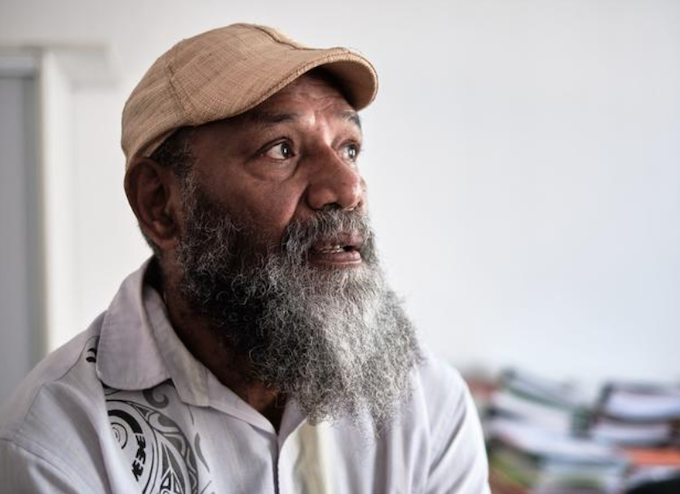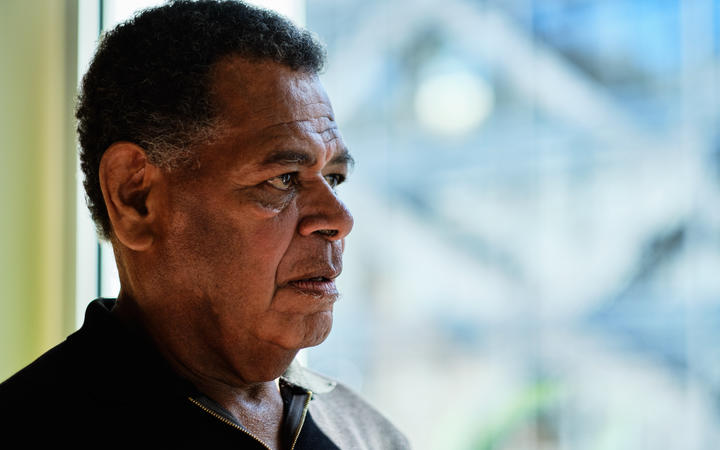
Two parties of New Caledonia’s pro-independence FLNKS (Kanak and Socialist National Liberation Front) movement have restated their intention to attain the territory’s decolonisation from France after last December’s referendum – mostly boycotted by the indigenous Kanak population — in which a majority of voters opted to stay with France.
The two parties, Palika and the Caledonian Union, held their first key meetings since the plebiscite over the weekend after the covid-19 outbreak forced the cancellation of their planned gatherings in January.
They restated that they did not recognise the referendum result, which showed 96.5 percent voted against independence.
Pro-independence parties boycotted the vote after France refused to defer the third and final referendum under the Noumea Accord, rejecting concerns about the impact of the pandemic on the indigenous Kanak population.
Consequently, turnout plummeted to below 44 percent, in contrast to the second referendum in 2020 when turnout was more than 85 percent.
The Kanak said already before the last vote that the result would be invalid because it excluded the voice of the colonised people.
Rejecting the outcome of the plebiscite, the pro-independence parties mounted a court challenge in France, and plan to campaign internationally for its annulment.
New independence referendum by 2024
At the weekend Palika Congress, spokesperson Charles Washetine suggested holding another independence referendum by 2024 to complete the decolonisation process — this time with the participation of the Kanak people.
Washetine added that it should be run by the United Nations.
In December, the pro-independence side also said it would not enter any negotiations with Paris until after the French presidential election in April.
Political parties have been asked to submit suggestions of what the new statute of a New Caledonia with France should look like.
The plan is to include civil society in its preparation and have a document ready by June next year for New Caledonians to vote on.
The pro-independence side has so far rejected any co-operation in any such project, insisting that its talks with Paris will only be about ways of winning independence.
The vote in December ended the 1998 Noumea Accord, but its provisions leave the current institutions in place until a post-accord arrangement has been adopted.

Restrictions in the electoral roll to indigenous people and long-term residents remain, but the anti-independence side would like the voter eligibility widened to include the about 40,000 French citizens currently excluded from referendums and provincial elections.
The Caledonian Union leader, Daniel Goa, told the weekend party meeting that changing the roll would be a serious political mistake.
This article is republished under a community partnership agreement with RNZ.














































